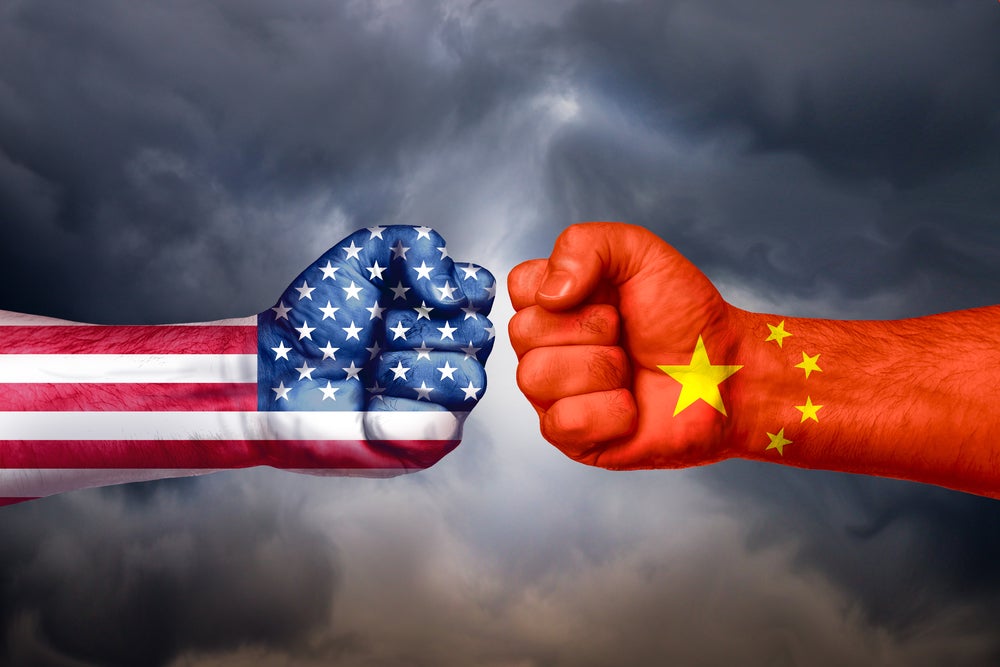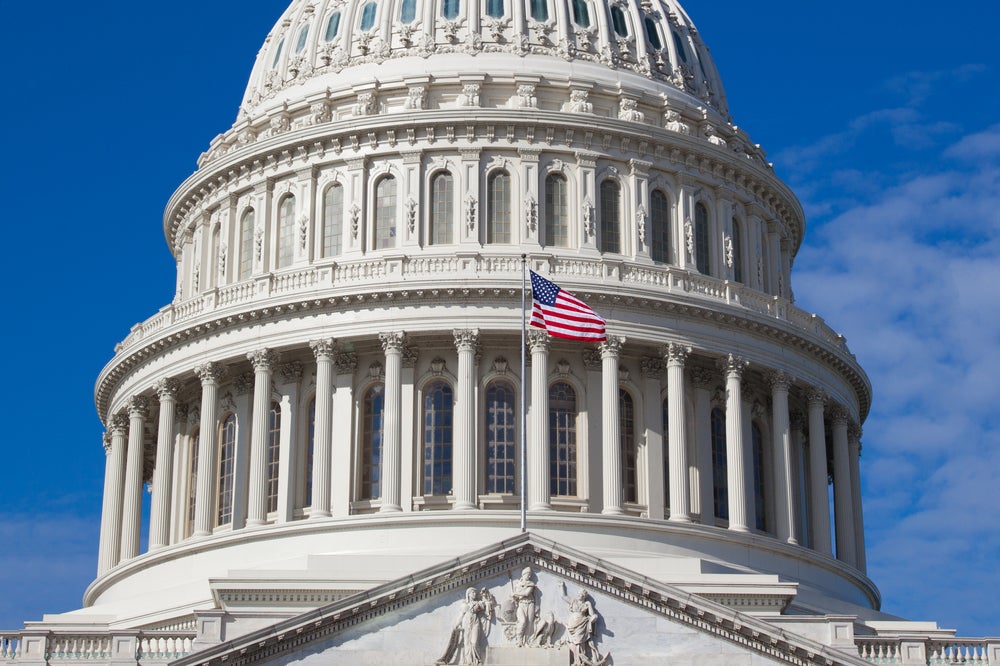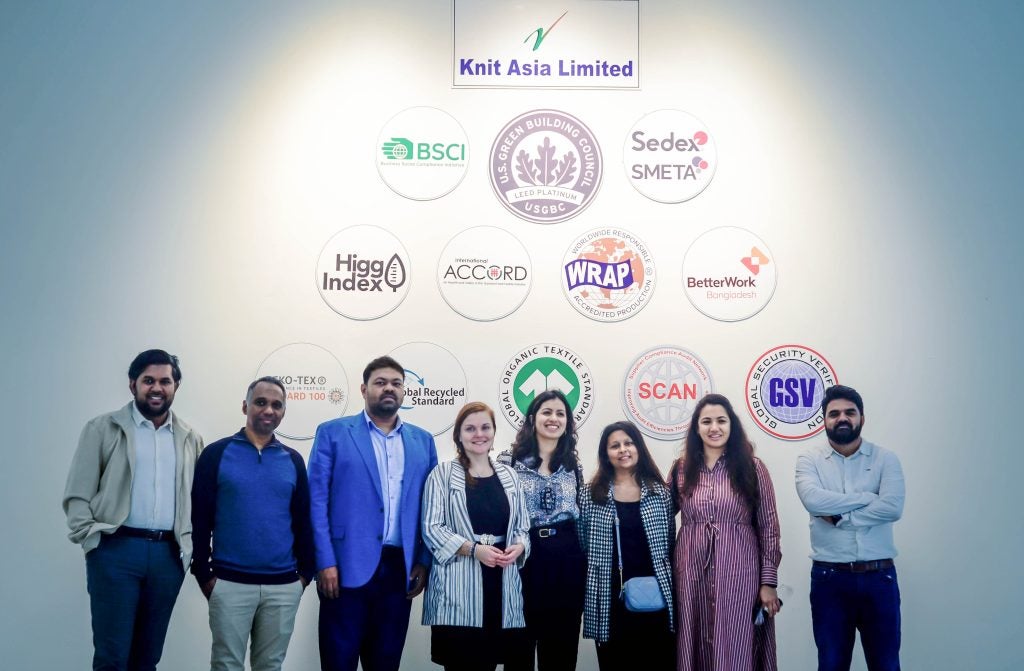The House Select Committee on the Strategic Competition Between the United States and the Chinese Communist Party has adopted nearly 150 bipartisan policy recommendations for Congress to legislate.
The report, titled 'Reset, prevent, build: A strategy to win America's economic competition with the Chinese Communist Party', is said to outline a strategy to reset the US' economic and technological competition with the People's Republic of China (PRC).
Chairman Mike Gallagher and ranking member Raja Krishnamoorthi, who led the report, claimed it embraces the reality that the US current economic relationship with the PRC needs to be "reset" to "serve the economic and national security interests of the US".
Gallagher and Krishnamoorthi added: "Collectively, these recommendations will reset the terms of our relationship with the PRC, prevent the flow of American capital and technology from supporting its military advances and human rights abuses, and build collective economic resilience in concert with our allies and partners while ensuring American leadership for decades to come."
The report's three key pillars and recommendations
The Select Committee members stated they had spent a year investigating the Chinese Communist Party (CCP)'s "decades-long campaign of economic and technological warfare". The members define three key pillars that inform each recommendation and the US' path to correct what they say have been 30 years of misguided policy.
Reset: Reset the terms of the US economic relationship with China.
Prevent: Stem the flow of US capital and technology fueling the PRC's military modernisation and human rights abuses.
Build: Invest in technological leadership and build collective economic resilience in concert with allies.
There are nearly 150 recommendations in the report, which range from aggressively countering the PRC’s economic and trade strategy and the harm it inflicts on the United States and the global economy to creating transparency to assessing and preparing to respond to the economic, financial and industrial impacts of potential future conflict with the PRC.
The report also suggests developing a positive economic agenda to encourage ally and partner countries to work collaboratively with the United States and preventing US companies from being driven out of the US market by market-distorting PRC products.
US apparel sector responds to US-China relationship proposal
American Apparel & Footwear Association (AAFA) president and CEO Steve Lamar told Just Style he looks forward to sharing and reviewing the recommendations with his members.
Lamar plans to work with Congress and the Administration to ensure "any policy outcomes are thoughtfully developed and smartly implemented in a manner befitting the importance of the complex US-China partnership".
National Council of Textile Organizations (NCTO) president and CEO Kim Glas believes the report's three pillars will be extremely important steps towards realising the goal of "rebalancing the US relationship with China".
In a statement, Glas explained: "The US textile and apparel manufacturing sector has been on the receiving end of some of the worst predatory trade practices by China, including substantial intellectual property theft, coupled with rampant abuse of state-owned enterprises and subsidies, and horrifying labour abuses in Xinjiang, which have enabled the country to dominate world markets in this sector. In addition to the myriad unfair trade practices, China’s dominance was accelerated by its accession to the WTO.”
Glas is confident the "committee's critical blueprint" provides key bipartisan policy guidance that will "immediately help manufacturing sectors" such as the textile and apparel sectors that are "experiencing economic headwinds as a result of predatory trade practices".
She added: "Recalibrating our relationship with China is critical to finally addressing the illegal subsidisation, intellectual property theft and the stranglehold of key aspects of supply chains that make the United States and our allies extremely vulnerable. Specifically, stepping up UFLPA [Uyghur Forced Labor Prevention Act] and customs enforcement is a critical concern to ensure transparency of our supply chains."
The National Retail Federation's vice president of supply chain and customs policy, Jonathan Gold agrees more needs to be done to address these ongoing challenges.
However, Gold told Just Style: "The report includes several concerning recommendations that would negatively impact the retail and fashion industry. Retailers continue to work to de-risk and diversify their supply chains, and many of these recommendations would stifle that progress, leading to increased costs for companies and consumers.”
Gherzi Textil Organisation partner Robert P. Antoshak highlighted the most interesting point about the announcement is that it "signals a new stage of the economic Cold War between the US and China".
Antoshak told Just Style: "Previously, US legislators often ignored the downside of economic competition with China, favouring an idealistic hope that free trade would bring prosperity to all. History has shown, however, that there are winners and losers in any form of economic competition. This announcement suggests that for some legislators, the United States has lost more than it has gained in its trade relations with China.”
Dr Sheng Lu, associate professor of apparel studies at the University of Delaware described the report as outlining a "deeply concerning US-China relationship down the road".
He explained the situation may worsen in the lead-up to the 2024 US election, adding: "Fashion companies may have to navigate the challenging business environment and balance various economic and non-economic factors more carefully in their China sourcing decisions."
Lu advised US apparel companies to watch out for any policy actions that may have significant potential impacts on their China sourcing, such as the de minimis rule reform, UFLPA enforcement priorities, and results of the Biden administration’s Section 301 review.















